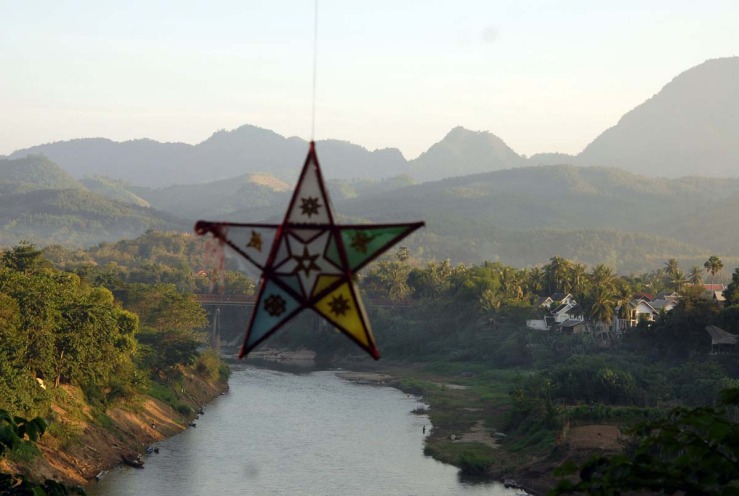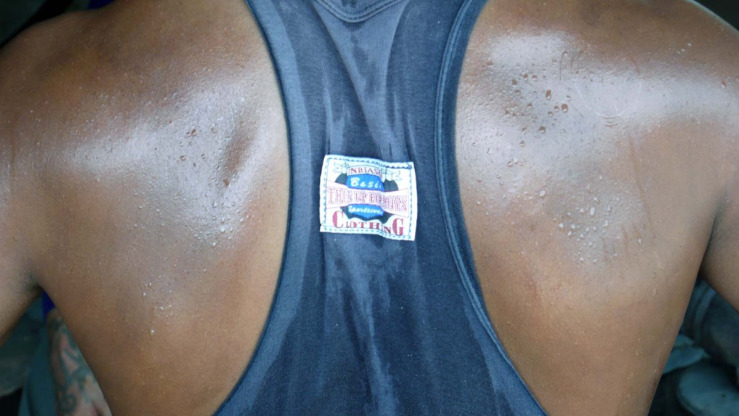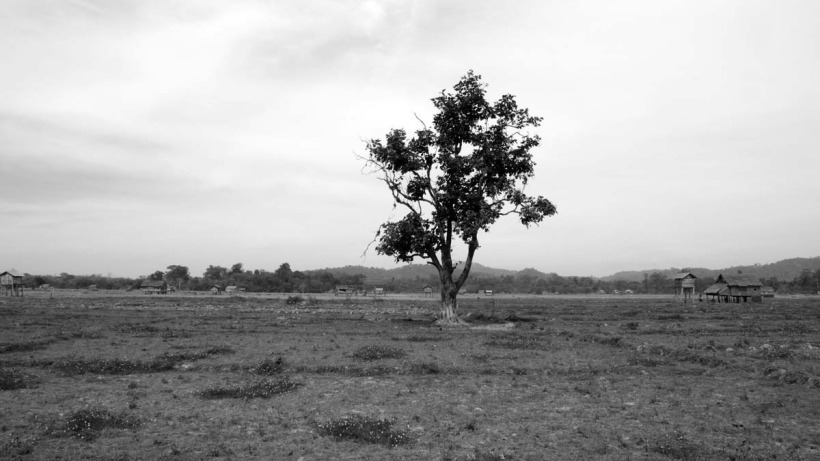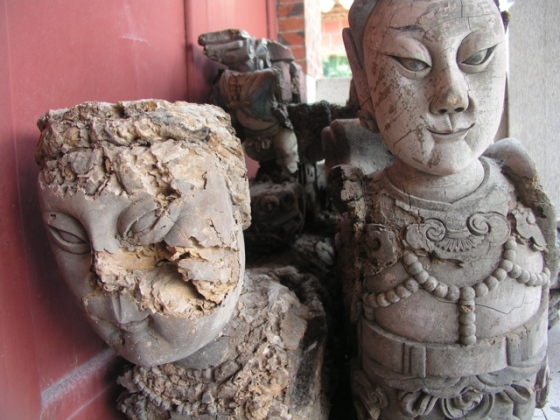I am a seller, said the Ice Girl
Greetings,
As dawn light savored green jungles along rivers a young Banlung woman-mother, one of many, cut ice. She sawed ice into manageable chunks as glistening elements dripped their moisture into delicious red dust. Red dust is stirred by countless women sawing and sweeping in front of their red dust covered wooden shuttered doors. Up and down the red dusty street.
Ice slides into blue plastic bags. Four foot long blocks of ice are loaded on the backs of antique battered black and red motorcycles driven by delivery boys wearing dusty baseball caps with glittering golden stars. Women in front of their shops open large orange plastic boxes to hold fresh clear frozen ice.
Ice lives and dies every morning in a red dusty paradise. Sun streaks water. Ice cries.
After school the mother's daughter, 12, saws ice. A man sees her. What are you doing? he asked. She smiled. She is happy. I am a seller, she said. Her English is clear, distinct and filled with confidence. She bags a block of ice and hands it to a cycle man. He hands her crumbled red dusty notes.
She saws ice in afternoon heat. You are a good seller, said the man. Yes, I am, said the girl. I greet the buyer and sell, I cut, I bag, I talk, I sell. Ice is moving.
See you later, she sang playing her saw through crystals inside red dust.
Metta.







 Share Article
Share Article 












